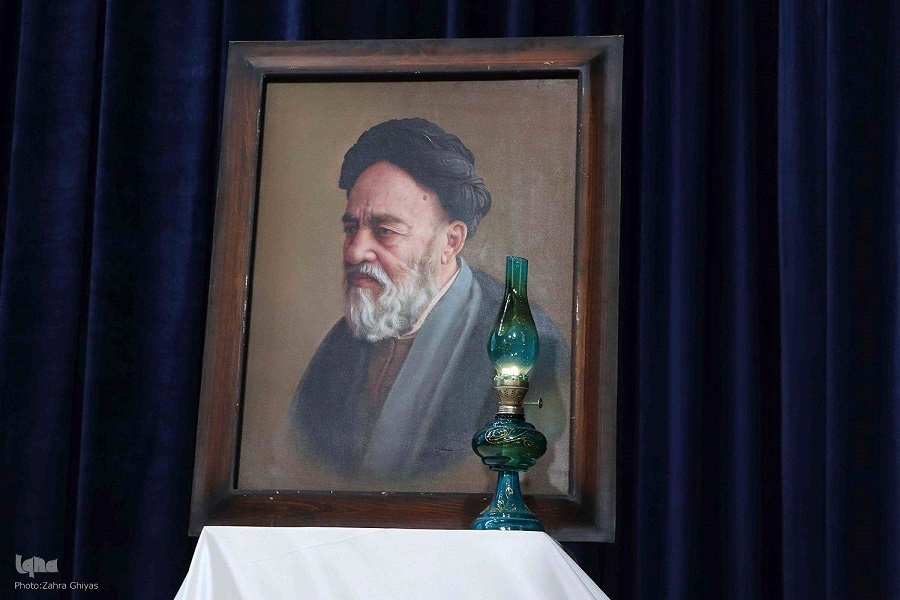Scholar Calls Al-Mizan A Great Legacy of Allameh Tabatabai for Modern Problem-Solving

In an interview with IQNA, Zahra Torabian, a professor in seminaries and universities, described Al-Mizan as Allamah Tabatabai's most important and lasting work, saying “He wrote this exegesis over 17 years, from 1954 to 1971.”
She explained that its Quran-by-Quran interpretive method is central to its longevity. “Allameh Tabatabai believed the Quran is self-explanatory and that its clear verses are the best interpreters of its ambiguous ones.”
A primary motivation for the work, she noted, was to counter prevailing trends of subjective interpretation and attempts at alignment of Quranic verses with Western materialist theories.
The stature of the Quran exegesis is well-recognized within Islamic scholarship, Torabian stated, citing the revered philosopher Martyr Morteza Motahhari, who said of Al-Mizan: “All of it was written with deep thought... I believe much of its content is from divine inspirations. Rarely has a problem in Islamic issues arisen for me where I did not find the key to its solution in Al-Mizan.”
She also referenced Ayatollah Javadi Amoli, who has compared Al-Mizan to the foundational jurisprudential text “Jawahir al-Kalam”.
Ayatollah Javadi Amoli has said that Al-Mizan both compensated for the shortcomings of past scholars and laid the groundwork for the research of future ones, she noted.
A key feature Torabian emphasized is the social perspective. “Unlike many earlier commentators who focused mainly on individual aspects of the verses, (Allameh Tabatabai) approached the Quran with a society-oriented perspective,” she explained. “This social inclination is evident throughout Al-Mizan.”
From Allameh’s viewpoint, a social commentator must be rational, aware of current issues, and understand the acute problems facing the Islamic community, she said, adding that they must also comprehend ideological doubts and questions and be equipped to provide effective responses.
According to Torabian, Al-Mizan addresses a wide spectrum of social issues. These include governance, social justice, human freedom, causes of Muslim stagnation, the rights of women and minorities, and social cooperation.
Read More:
She also stressed that for Allamah Tabatabai, religion was not merely a private matter. “He believed that while the root of religion is in the metaphysical realm, it plays a fundamental role in shaping social life and confronting societal deviations,” Torabian said.
The methodology of Al-Mizan, she added, ensures the Quran remains an eternal guide for all eras.
4316946



